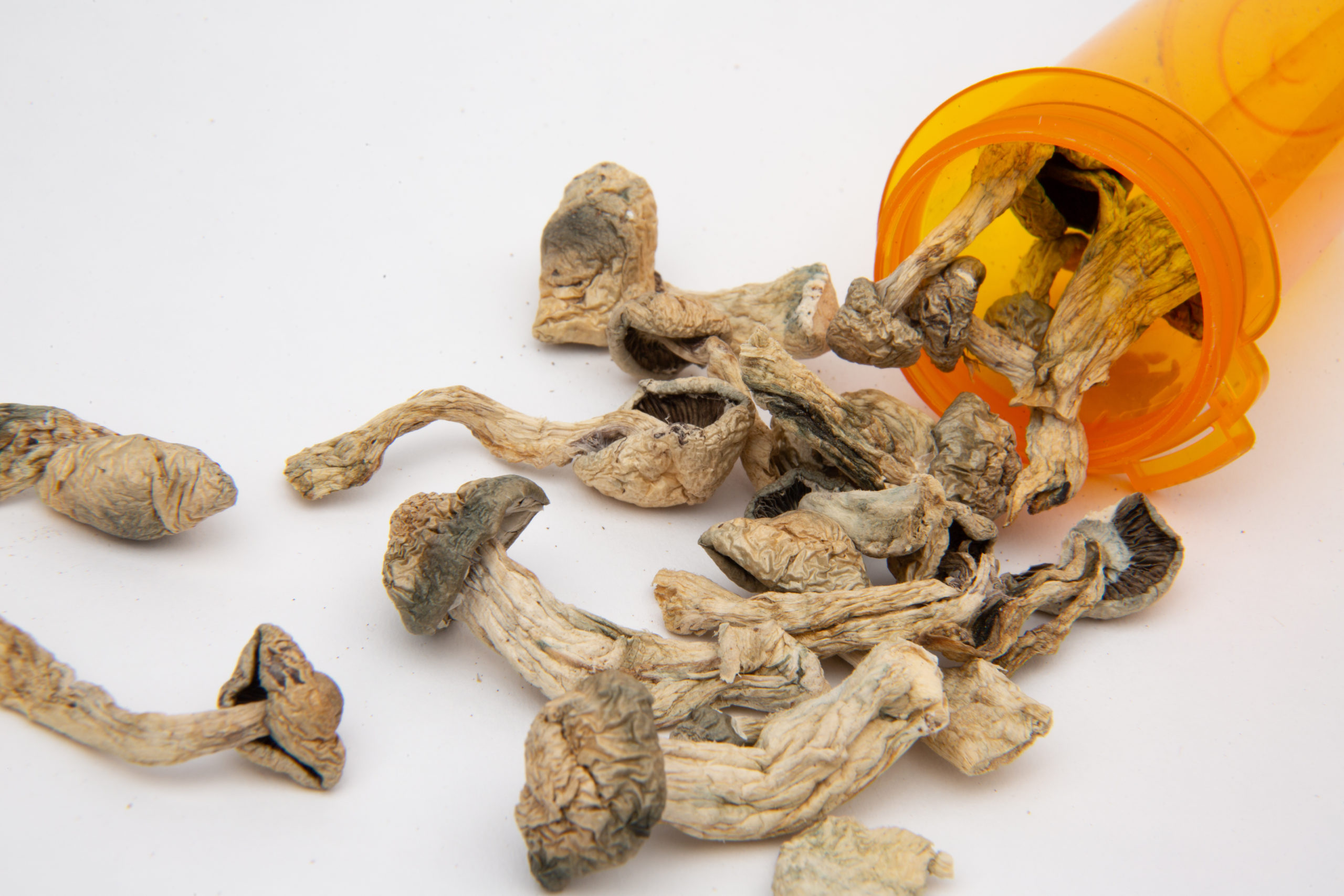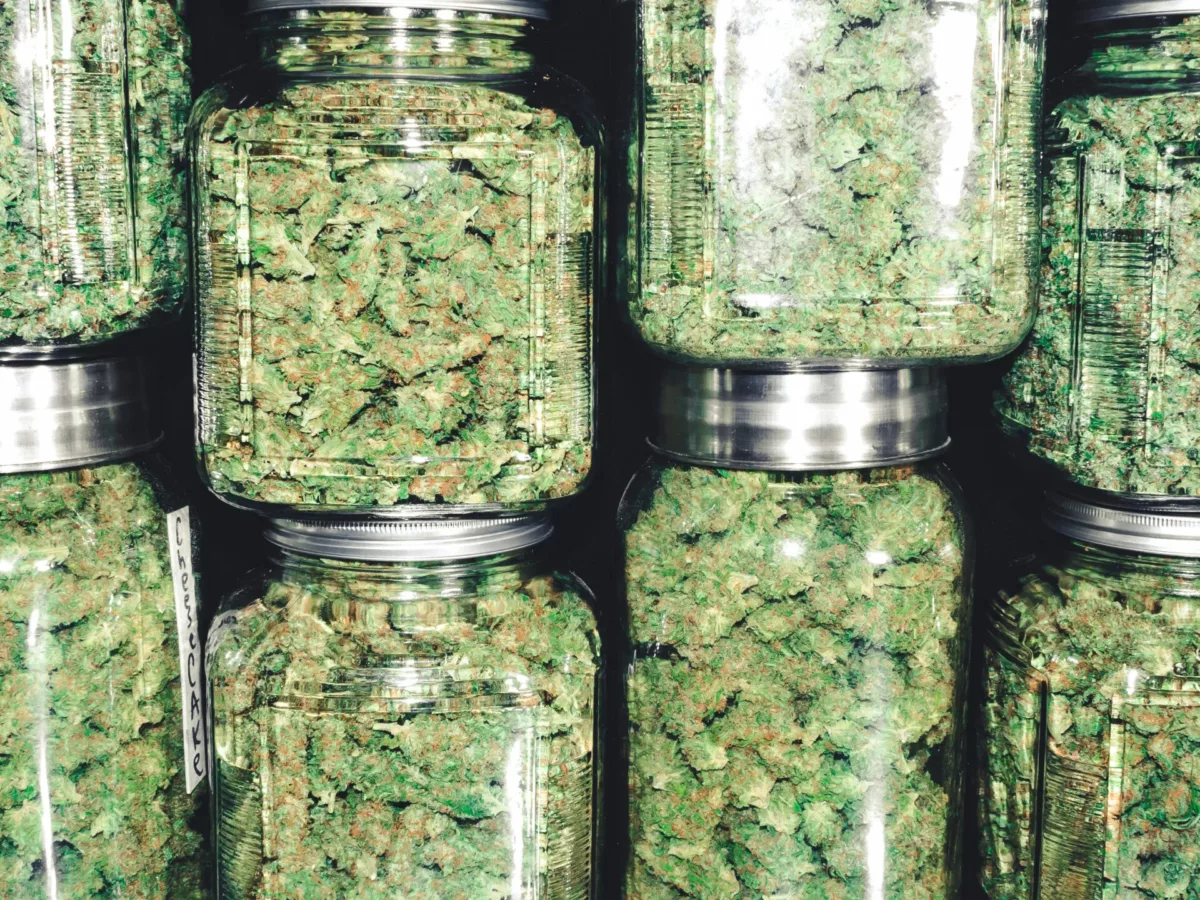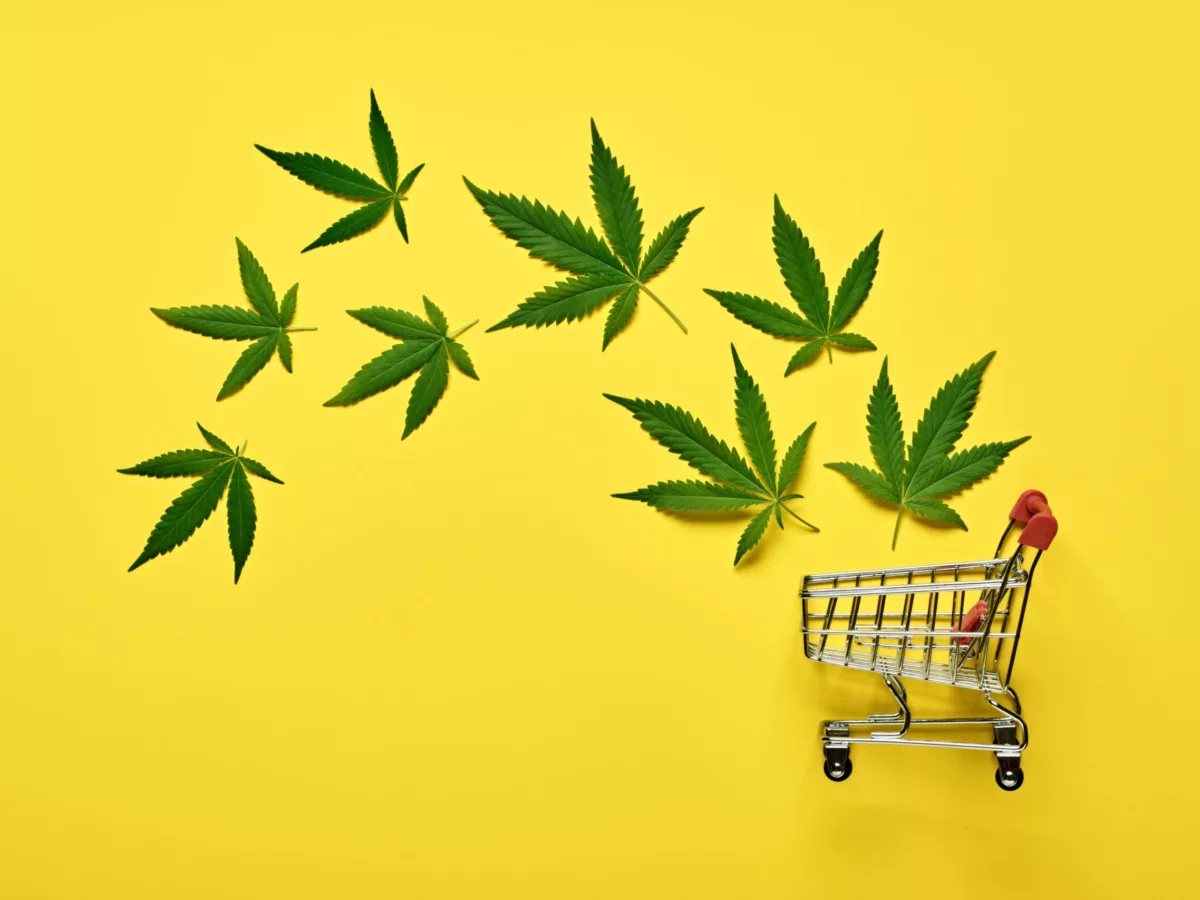A bill seeking to decriminalize possession of plant-based psychedelics in Virginia hit a snag this week in the House of Delegates, though counterpart legislation in the Senate remains alive and is headed for a committee vote next week.
SB 262, co-sponsored by state Sens. Ghazala Hashmi (D-Chesterfield) and Jennifer Boysko (D-Herndon), and HB 898, from Del. Dawn Adams (D-Richmond), both aim to lower the criminal penalty for possessing psilocybin and psilocin from a felony offense to a misdemeanor with a maximum penalty of a $100 fine. (Adams’ bill also would reduce penalties for possessing ibogaine and peyote.)
The bills are part of a push by drug reform advocates and veterans to decriminalize plant-based psychedelics in the commonwealth. Proponents have lobbied Democratic lawmakers to sponsor legislation and lined up in support for each bill at committee hearings in January.
Adams, a nurse practitioner by trade, told her colleagues during a House Courts of Justice subcommittee hearing on Monday that she decided to spearhead the legislation after learning about the mental health benefits of plant-based psychedelics.
“What I have been able to learn is there is strong evidence to support plant medicines once thought dangerous, that really are effective and safe treatments for things like PTSD, depression that’s unresponsive to other treatments, end-of-life fear or trauma, suicidality and a host of other psychological ailments,” she said.
But despite supportive testimony from veterans, clinicians, researchers and others, HB 898 met a dismal fate only 20 minutes into Monday’s hearing. Though the bill focused only on reducing criminal penalties, delegates expressed confusion about whether medical professionals would be licensed to “prescribe” psychedelics or if the drugs could be sold in stores. The discussion ended shortly afterward when Del. Charniele Herring (D-Alexandria) motioned for the bill to be reconsidered in 2023, noting “there are a lot of questions raised.”
The subcommittee obliged, voting to punt on the legislation for another year.
“I understand what [advocates are] trying to accomplish. I just don’t love the vehicle,” said Del. Wren Williams (R-Stuart). “I’d like to see it carried over.”
In the Virginia Senate, SB 262 has already been through one hearing, where it drew some early (and somewhat surprising) applause from Republican committee members who said they were “moved” by testimony from military veterans who had used psilocybin to treat their PTSD, depression and other mental health conditions. The Senate Judiciary Committee didn’t vote or kill the bill on Jan. 19, but rather gave Hashmi additional time to amend the bill’s language to include more specifics about medical uses and safeguards to prevent recreational abuse.
The Judiciary Committee’s docket for its next meeting on Jan. 31 includes the bill, meaning its future could be determined that day.
Neither Hashmi nor Boysko responded to emails this week requesting comment on the bill’s fate. Sen. Mark Peake (R-Lynchburg) had noted on Jan. 19 that the legislation might pass out of the Democrat-controlled Senate, but predicted it would need more specificity and public safety safeguards to gain approval from the Republican-dominated House.
In other recent Virginia drug policy news, the same House subcommittee that deferred Adams’ bill also voted last Friday to shelve HB 612, legislation that would reduce penalties for possession of Schedule I drugs — psilocybin, heroin, meth and cocaine, for instance — from a felony to a misdemeanor level. The bill would also prevent authorities from prosecuting anyone for possession of trace amounts of those substances.
“It’s a concrete step we can take this year to reduce the harmful consequences of prolonged incarceration as an ineffective deterrent and treatment strategy for substance abuse,” bill sponsor Del. Sally Hudson (D-Charlottesville) told the subcommittee on Jan. 21.
Supporters attested to the need for lowering penalties, saying felony convictions for possession only penalize those suffering during a public health crisis of addiction and can have ruinous effects for the rest of their lives. Opponents, including a Stafford County prosecutor, pushed back against the change, saying harsher punishment for low-level drug offenses is a necessary and useful tool for law enforcement.
Committee members ultimately voted 6-2 for HB 612 to be “laid on the table,” meaning it’s unlikely to see the light of day again before the session wraps up on March 12.






